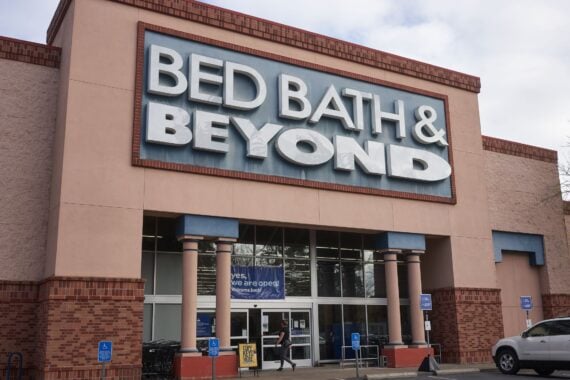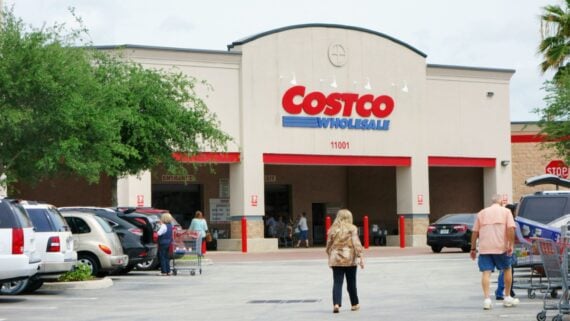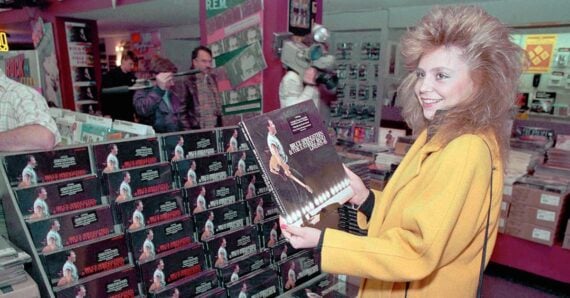There are hundreds of thousands of devices and digital applications designed to make life easier and more organized, but we often forget that pen and paper, though they might get lost now and then, don’t require loading times, learning curves, charging, passwords, or reboots. Here are some cheap low-tech solutions that still beat out their fancier, digital competition.
LANDLINES

Now that mobile phones do so many things, call quality is just one of many concerns — and has suffered because of it. Consumer Reports has said outright that voice quality on smartphones “still sucks.” Landlines offer better quality, and possibly more safety: Dial 911 from a landline and police know exactly where to find you, while mobile phones don’t have that benefit automatically; private companies are building apps to make up for it. An old-fashioned phone on copper wire will also keep working when the power goes out, no batteries required.
DAY PLANNERS
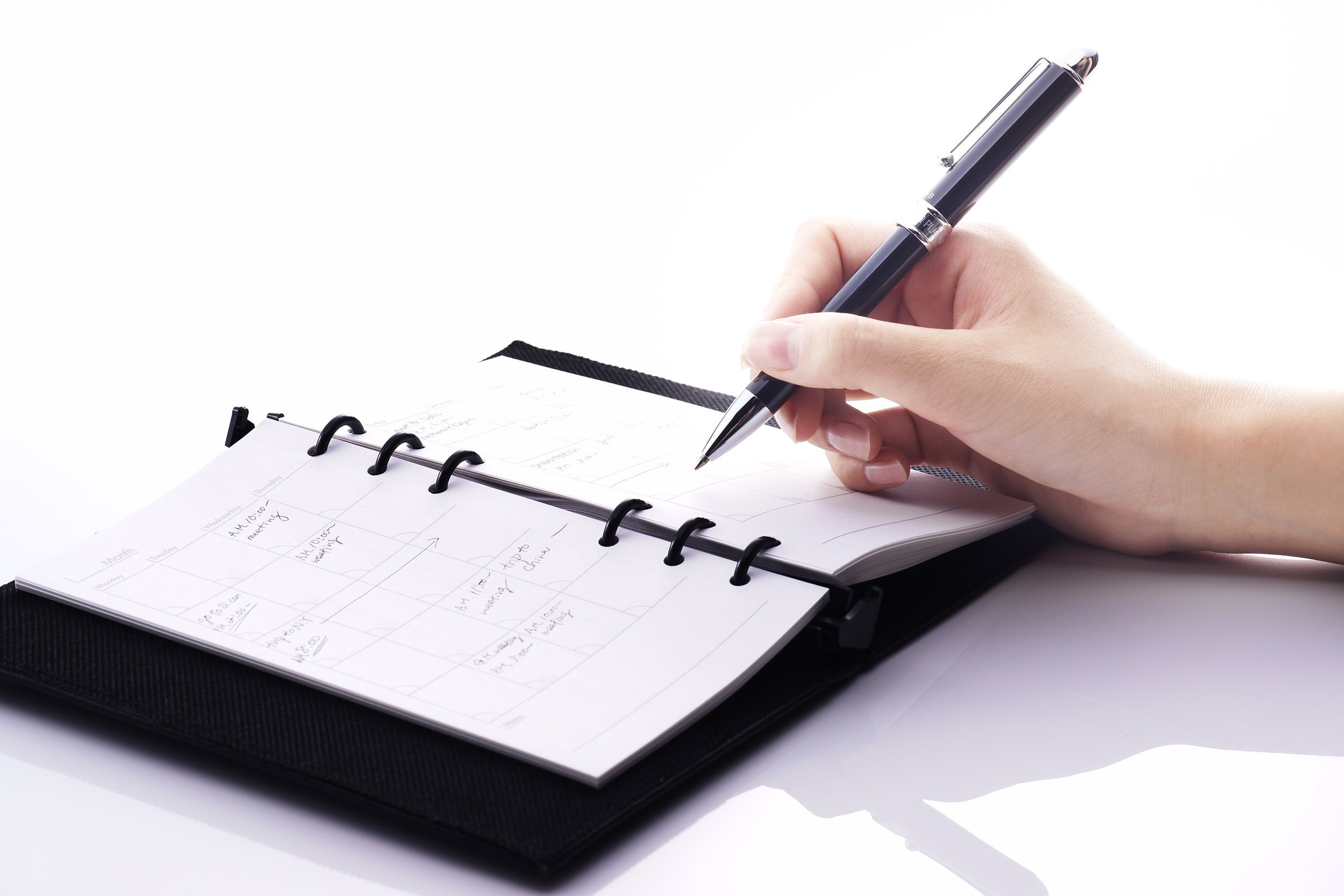
A physical daily planner never goes out of style. The cost of carrying a planner starts at well under $10 for year — a classic wire-bound version with no learning curve or pop-up ads is $7.50 from Amazon. Some calendar apps are free but put limitations on functions until you upgrade, and they can be complicated to learn.
TO-DO LISTS
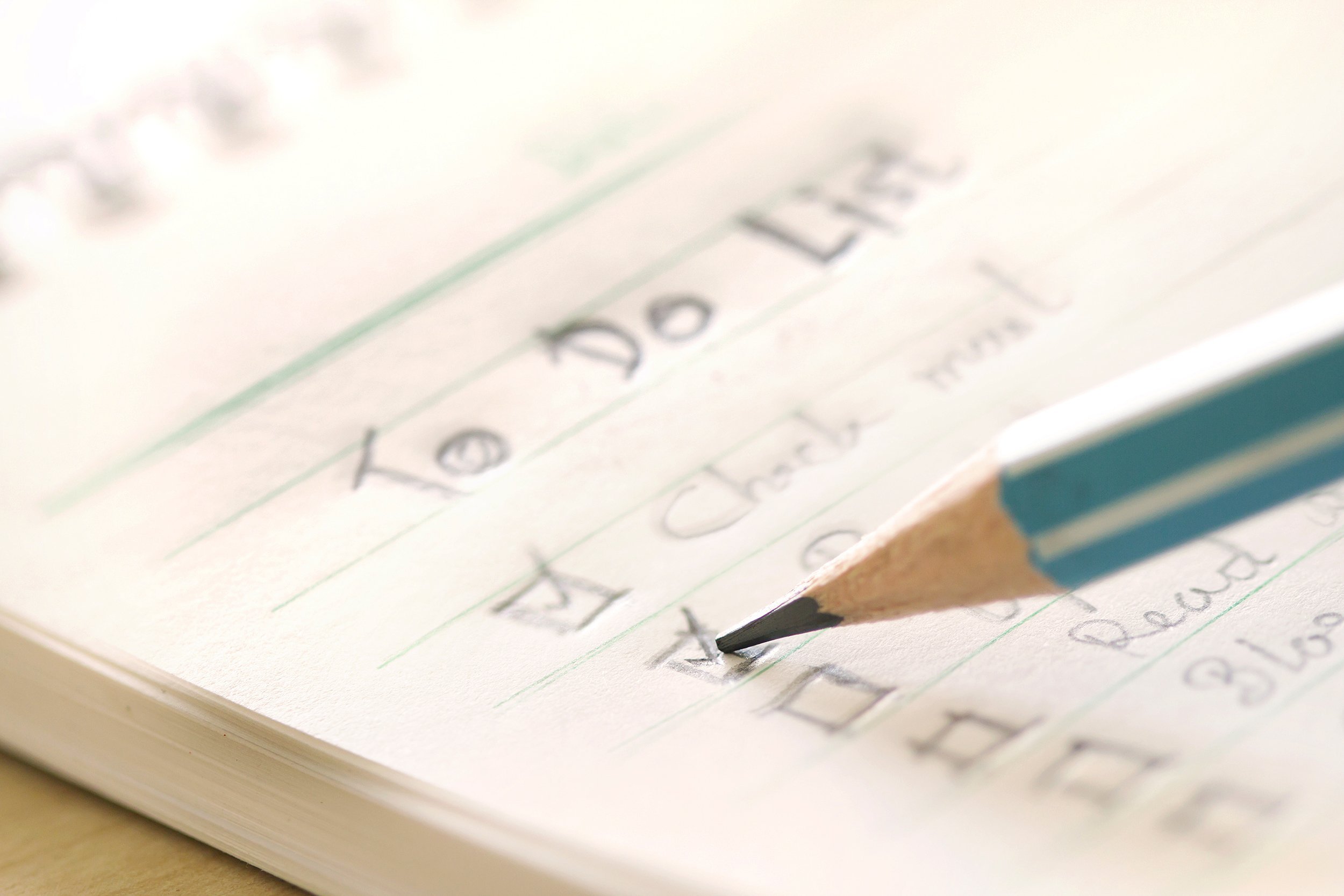
Any piece of scrap paper offers a free place for a to-do list, similar to using a day planner — some of which have spaces just for these vital organizational lists. There are free to-do apps, but using them just makes it that much easier to check Facebook, email, and text messages, which distract from getting the to-do list done.
ROAD ATLASES
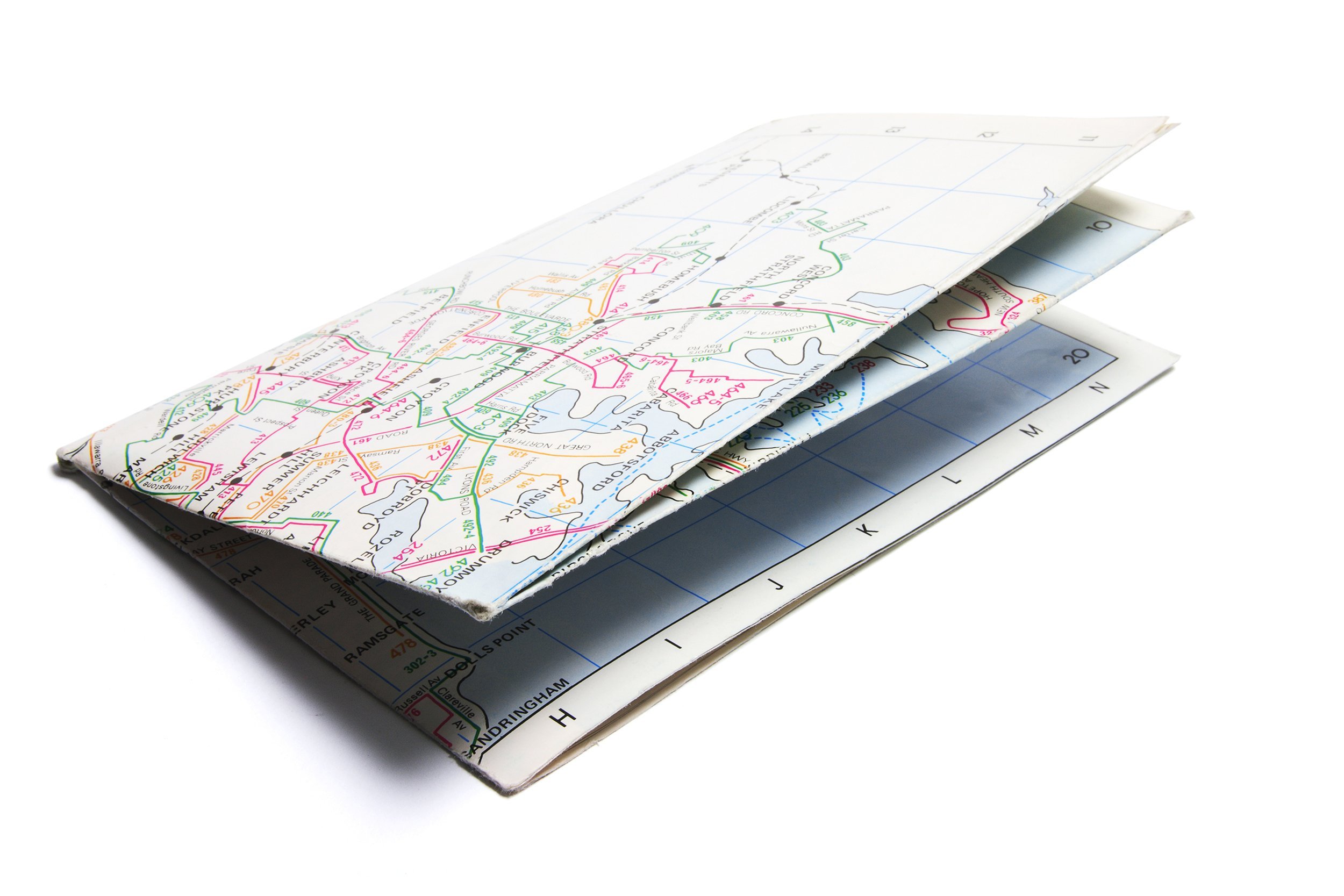
Distracted driving can be illegal as well as disastrous and deadly, GPS and navigation systems included, considering what happens when directions fail to load, the voice won’t come through the radio, or the app relays directions late and a turn gets missed: The driver looks down to fix the problem while driving. Instead of going turn by turn, look through the full route ahead of time, possibly from a road atlas (usually less than $20 from Rand McNally) or have a human companion read directions out as needed.
SNAIL MAIL
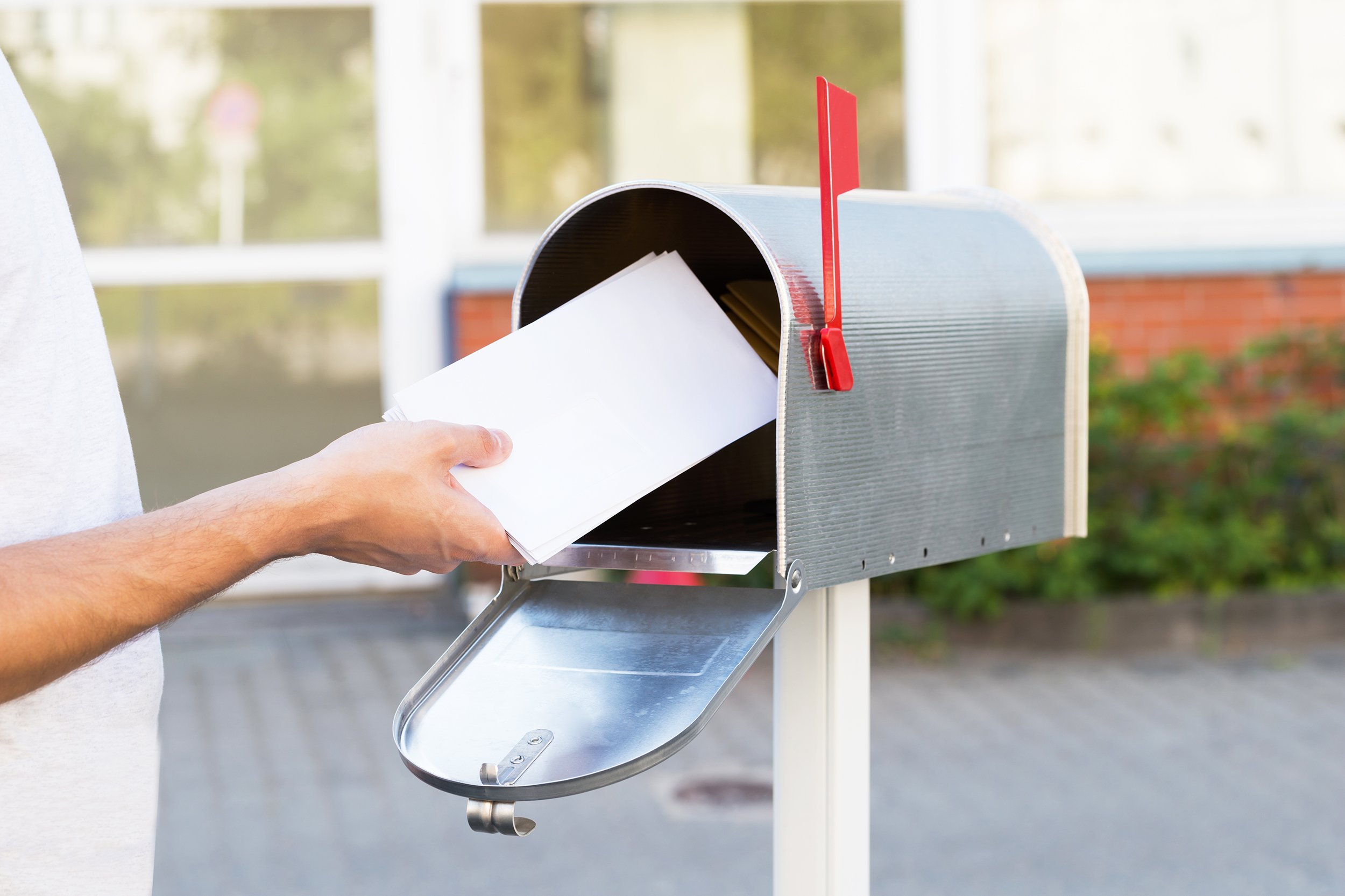
Email is free, but it can’t compete with the personal touch of a handwritten letter, invitation, card, or package. For the cost of a “forever” stamp and some stationery, your message gets directly into someone’s hands, and possibly up on the refrigerator or a scrapbook. Email might just disappear into a spam filter.
Trending on Cheapism
STICKY NOTES
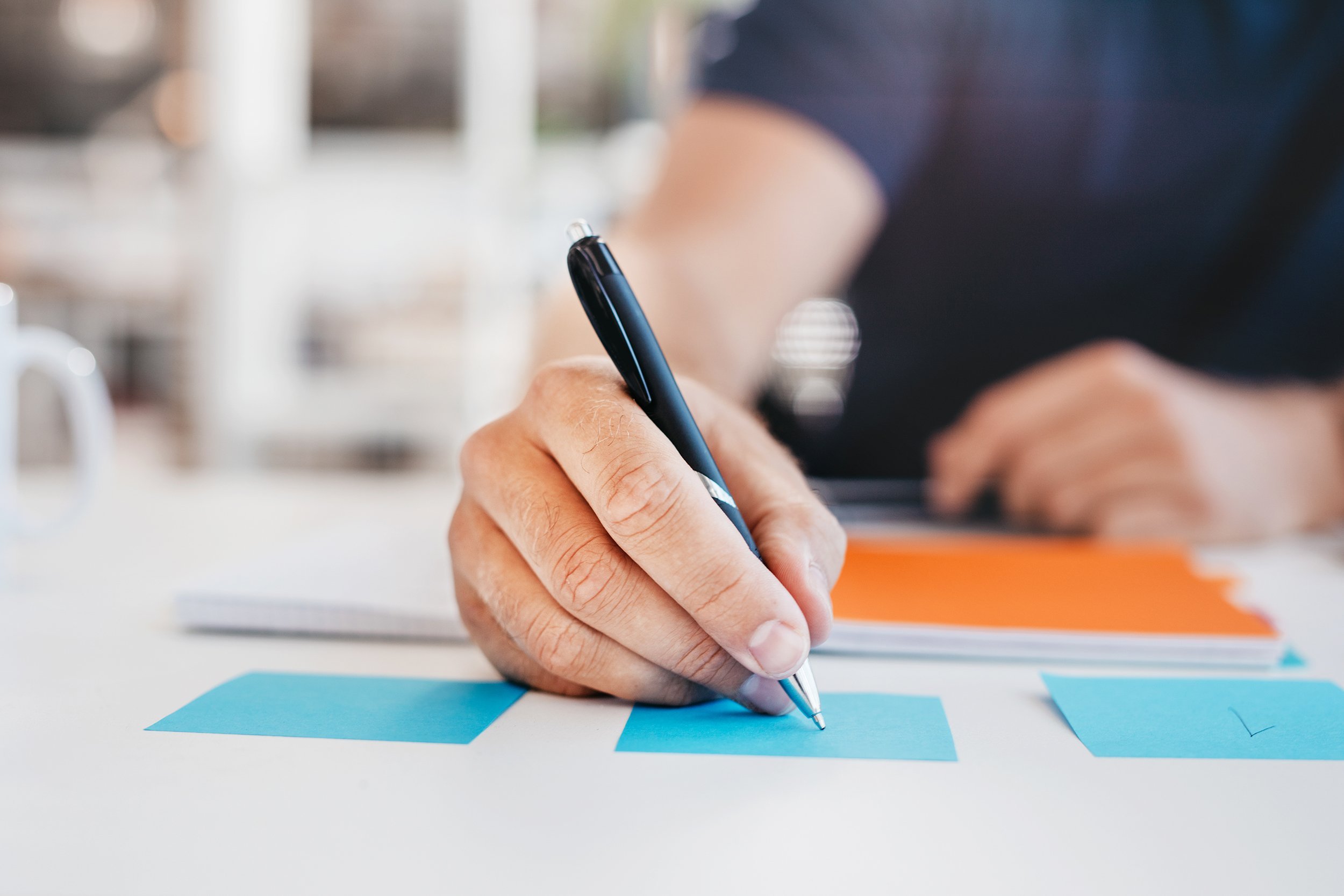
Phones have alerts and notifications available for everything from breaking news to when it’s time to make a move in an online game. A flood of notifications is not only distracting, but can make it easy to tune out something important — a deadline, a call, or a bill to pay. A good old-fashioned sticky note is hard to ignore.
WALLET
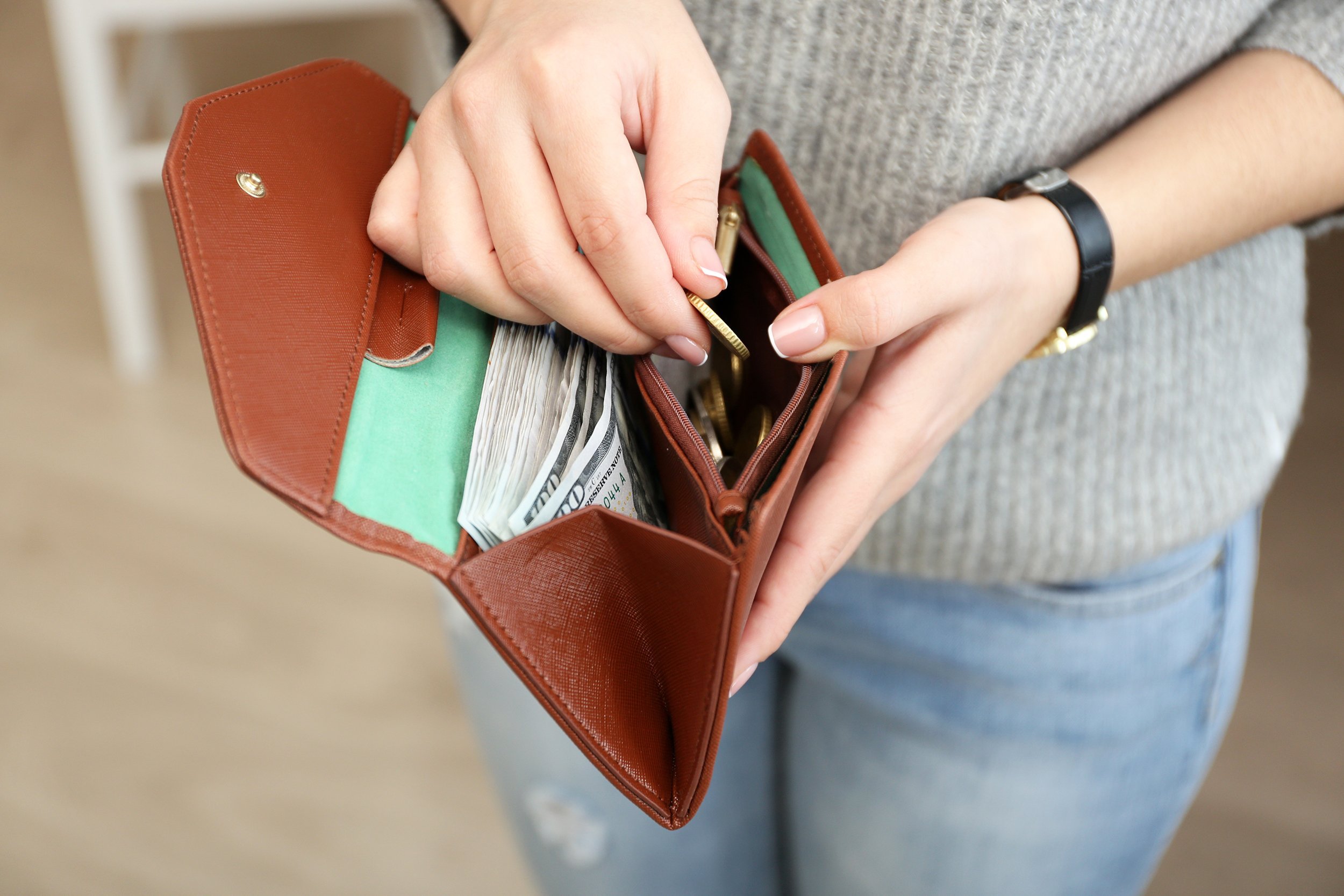
Credit cards, bank cards, store loyalty cards, and gift cards can all be loaded into a phone, which seems efficient until a password gets lost during an upgrade, a card won’t load — a common complaint with these applications — or a phone is out of juice. Most people are going to carry a physical wallet regardless, so these applications just aren’t necessary.
BILLS AND BANK STATEMENTS
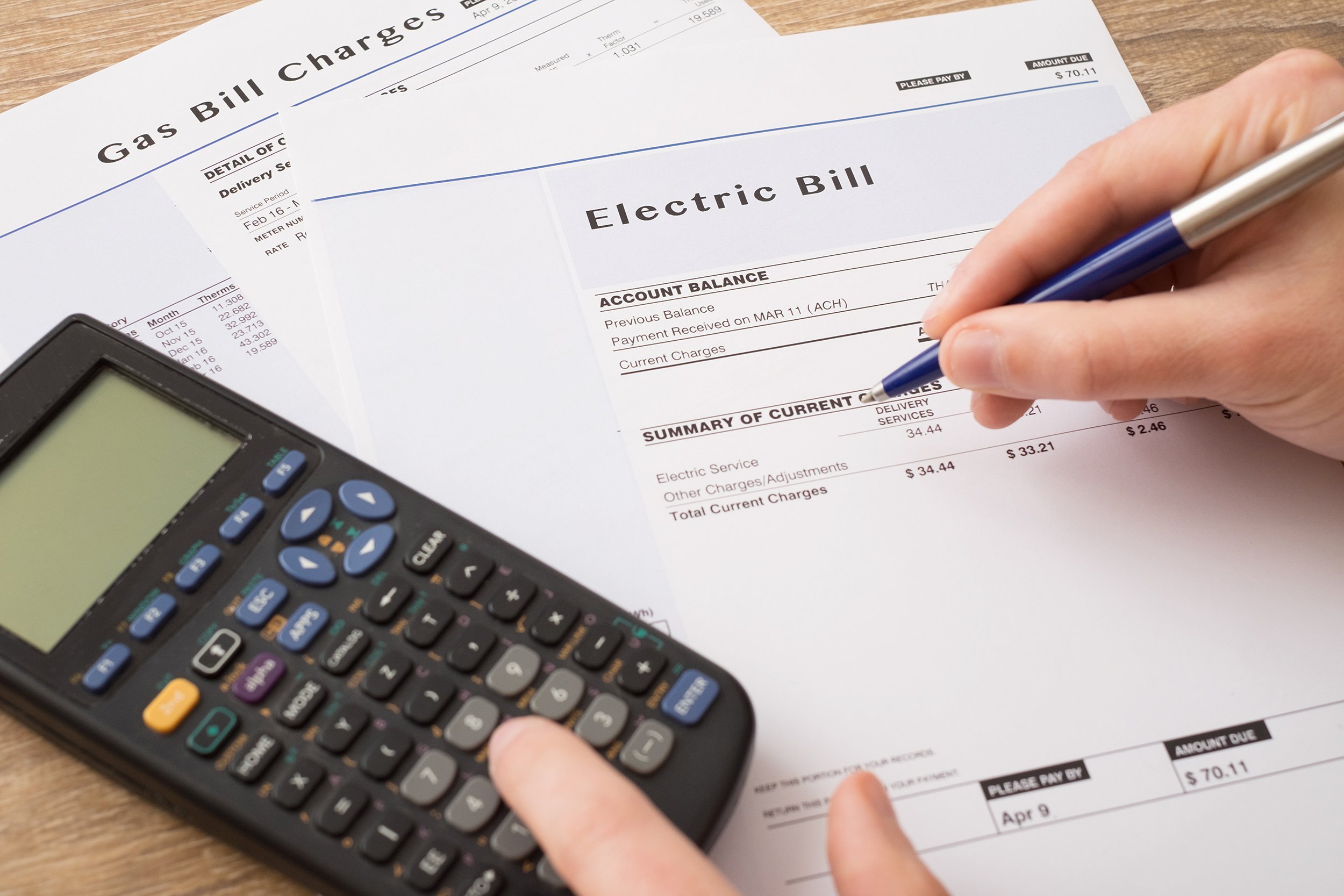
With 121 emails coming in daily just in the workplace, according to Radicati market research, it’s easy for vital documents to get lost. Instead of risking being unable to find a bill or financial statement in a jumble of emails, or having no access when the Wi-Fi is out — or after an access period has lapsed, as with older American Express records — get them sent in hard copy and keep them organized in a binder.
Sign up for our newsletter
BOOKS AND NEWSPAPERS

Good ereaders such as the Kindle cost anywhere from $60 to $290 (and tablets such as the iPad can be far pricier), and books that go on them are bought separately — or found for free in a limited assortment from the local library. Borrowing an actual book from the library offers a bigger selection; buy a book and it can be shared more easily than passing on a digital copy. Dog-eared pages and the weight of a real book still hold a certain appeal for some, as do dead-tree newspapers.
COOKBOOKS

The digital age is great for many things, but not for cookbooks. Respondents to a reader poll a few years ago by food writer Mark Bittman seemed split: Cooking apps were called useful as a shopping tool, but in the kitchen most people still prefer a real cookbook, with no screens that need to be refreshed, no need for passwords every few minutes, and no worries about sticky or wet fingers on a keyboard or touchscreen. (Some users print out online recipes, which somewhat defeats the purpose.) Fast-forward to 2017, and little has changed.
MEDICAL ADVICE

There are lots of apps on the market to send medication reminders, help figure out symptoms, or even offer first aid steps tips. But an app cannot replace a doctor, pharmacist, or other medical professional. Save yourself costly mistakes with your health and seek medical advice from a professional, not an app.

